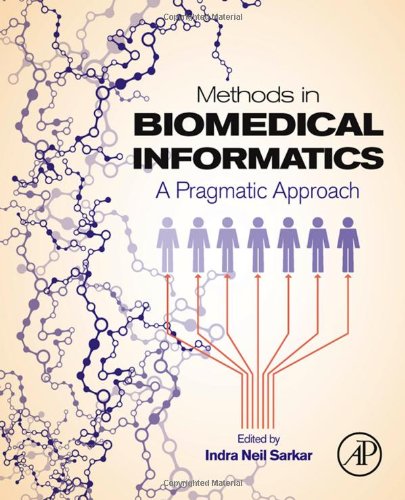

Most ebook files are in PDF format, so you can easily read them using various software such as Foxit Reader or directly on the Google Chrome browser.
Some ebook files are released by publishers in other formats such as .awz, .mobi, .epub, .fb2, etc. You may need to install specific software to read these formats on mobile/PC, such as Calibre.
Please read the tutorial at this link: https://ebookbell.com/faq
We offer FREE conversion to the popular formats you request; however, this may take some time. Therefore, right after payment, please email us, and we will try to provide the service as quickly as possible.
For some exceptional file formats or broken links (if any), please refrain from opening any disputes. Instead, email us first, and we will try to assist within a maximum of 6 hours.
EbookBell Team

0.0
0 reviewsBeginning with a survey of fundamental concepts associated with data integration, knowledge representation, and hypothesis generation from heterogeneous data sets, Methods in Biomedical Informatics provides a practical survey of methodologies used in biological, clinical, and public health contexts. These concepts provide the foundation for more advanced topics like information retrieval, natural language processing, Bayesian modeling, and learning classifier systems. The survey of topics then concludes with an exposition of essential methods associated with engineering, personalized medicine, and linking of genomic and clinical data. Within an overall context of the scientific method, Methods in Biomedical Informatics provides a practical coverage of topics that is specifically designed for: (1) domain experts seeking an understanding of biomedical informatics approaches for addressing specific methodological needs; or (2) biomedical informaticians seeking an approachable overview of methodologies that can be used in scenarios germane to biomedical research.